- News
-
-
-
-
-
Latest News Articles
- TWS pubs in the news December 20, 2024
- Increasing drought poses threats to U.S. wildlife December 20, 2024
- Wild Cam: As snow decreases, wolf stomachs rumble December 19, 2024
-
-
-
- Wildlife Professional Resources
-
- Our Network
-
- PUBLICATIONS
-
-
Recent Posts
-
 The Wildlife Professional November/December Issue
November 1, 2024
The Wildlife Professional November/December Issue
November 1, 2024
-
-
-
-
-
-
- Wildlife Events
- Who We Are
-
Category: TWS Wildlife News
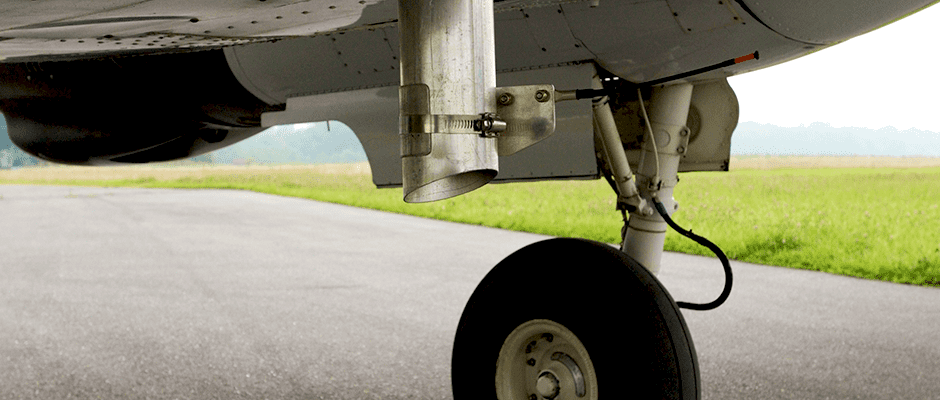
November 10, 2016
Successful 2016 oral rabies vaccination campaign completed
2016 marks the 21st year that the USDA Wildlife Services (WS) National Rabies Management Program (NRMP) has participated in the distribution of oral rabies vaccine (ORV) baits in the U.S.,...

November 9, 2016
Experience may make birds more prone to vehicle collisions
You might think that city birds would get “street smart,” learning to evade fast-moving vehicles. But exposure to traffic may actually increase some birds’ chances of being hit, according to...
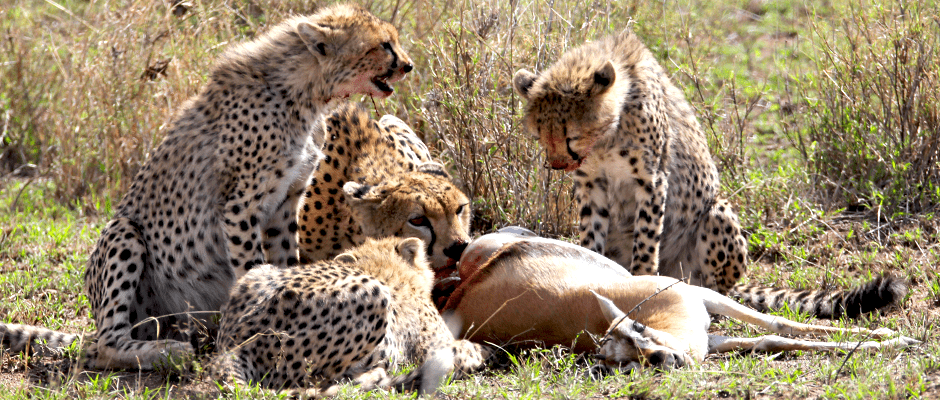
November 4, 2016
Who eats faster, male or female cheetahs?
How do mid-sized predators stay safe at meal times, despite larger predators lurking on the landscape? For cheetahs (Acinonyx jubatus), the answer depends on age and sex, according to new...

November 3, 2016
Improving pollinator health requires collaboration, public-private partnerships
During the summer of 2014, the White House administration and supporting federal agencies took a bold step to show that pollinator health is a national priority. Recognizing the challenges facing...
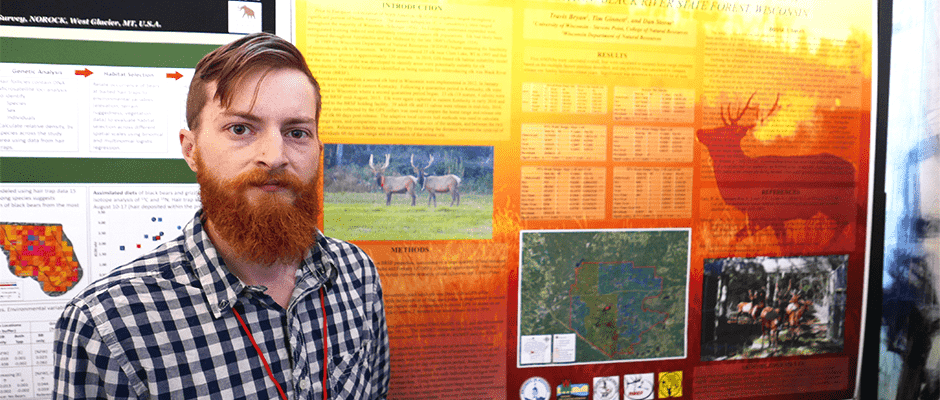
November 2, 2016
Male elk linger while females disperse after reintroduction
Male animals typically roam farther than females, defending large territories or traveling in search of mates. But in some cases, all it takes to reverse that pattern is an offer...

November 1, 2016
Court argues validity of managing distinct wolf populations
The long history of legal discussion surrounding wolf management continued on Oct. 18, when the U.S. Court of Appeals for the District of Columbia Circuit met to discuss the U.S....
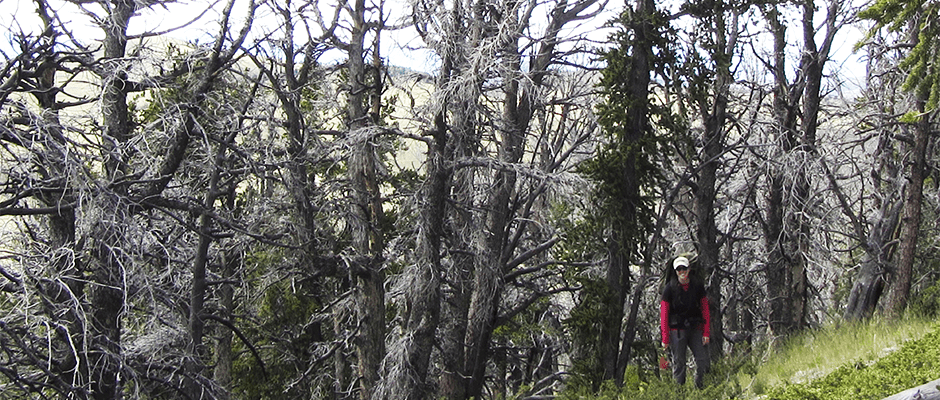
October 27, 2016
Ancient trees resist beetle epidemic
As the climate warms, a deadly scourge is spreading through North American pine forests: the mountain pine beetle (Dendroctonus ponderosae). But the beetles aren’t killing every type of pine in...
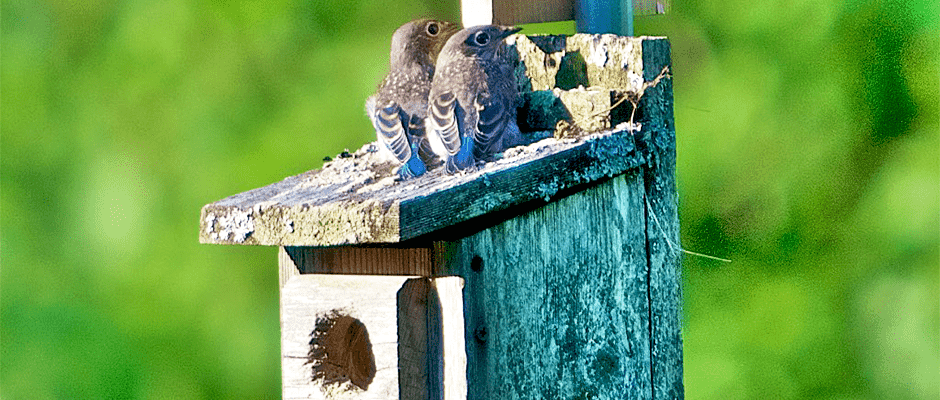
October 25, 2016
How to protect nest boxes from predators
Nest box guards work, but the most effective kinds aren’t the ones most people use, according to new research presented during TWS’ 23rd Annual Conference in Raleigh, N.C. Today, nest...

October 14, 2016
Wildlife Services to cease predator damage management in NV
A settlement agreement has ordered United States Department of Agriculture’s Wildlife Services (WS) to cease all predator damage management actions in certain areas of Nevada until the program can prove...

October 13, 2016
Gulls affected by bacteria in more populated areas
While Alaskan gulls are often infected with the common bacteria E. coli, it appears that some strains found in the birds have developed a resistance to antibiotics. And we might...

